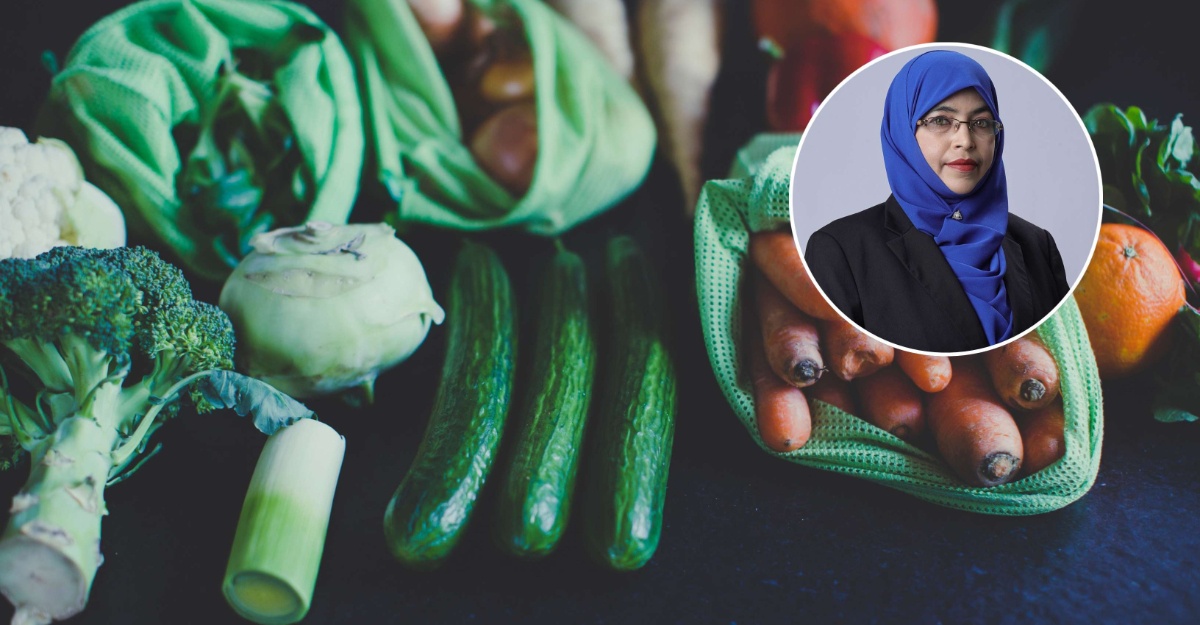Food waste is still a problem around the world, especially in developed nations, and it has unforeseen circumstances in the surroundings. Food manufacturing, distribution, packaging, and disposal of waste, for example, all lead to soil deterioration, destruction of forests, air and water contamination, and emissions of greenhouse gases. A number of problems, including global warming, diminished biodiversity, the disappearance of water, erosion of soil, and famine, have been linked to the decline of food generated for consumption by humans. Wasted food has lately been connected to diets losing nutrients, which has major ramifications for the long-term viability of diets and the wellness of the planet. Food waste has an influence on the community, the surroundings, and the economy at large. The depletion of food is finally getting necessary focus from governments, corporations, non-governmental organizations scholars, and everyone else as a result of the increasing risk wasted food poses to the economy, society, and the natural world.
The disposal of food is a major problem everywhere, including in Malaysia. The adverse consequences of wasted food include increased expenses for producing food, harm to the well-being of humans, and destruction of the environment. Malaysia is the world leader in wasted food. On an average day, there are 38,000 tonnes of waste, 44 percent of which is wasted food. Every day, 3,000 tonnes of edible food are thrown away in Malaysia. This is sufficient to feed ten million people per day. Food disposal is considered a violation of Sustainable Development Goal 12.3, which addresses “global food loss and waste”. There was thirteen percent food loss in the supply chain, which included harvesting, transporting, storing, and preparing. Domestic waste of food is primarily caused by industrialized countries. Effects on social, economic, and environmental realms are intimately related to food waste.
By 2030, Sustainable Development Goal 12 aims to significantly reduce the generation of waste via waste avoidance, mitigation, reuse, and recycling. It also targets halving per capita worldwide wasted food at the level of retailing and consumers. The reasons for wasted food differ per country. Nevertheless, the habits and structure of food scraps in Malaysia are still unknown. As a result, buyer habits and knowledge can be used to change the food manufacturing cycle and the handling of food waste.
Malaysia is facing an enormous issue with the disposal of food waste due to the absence of adequate separation processes for solid municipal waste, which has resulted in the presence of greenhouse gas emissions in dumps. Malaysians rarely recycle food particles because they believe that only solid waste products such as the material, plastic containers, newspapers, and many more are recyclable. In a similar vein, an absence of knowledge on how to recycle food particles led to the disposal of dietary waste into dumps, leading to environmental damage. Residents are one of the major generators of food scraps in Malaysia, producing 8,745 tonnes a day, or 3,192,404 tonnes annually.
As a result, this demonstrates that families were the most responsible for the development of food waste and thus causing environmental degradation. Furthermore, food waste reduces the accessibility of food for the impoverished. In other terms, wasting just over a third of the world’s food means that 868 million people would go hungry and malnourished. All individuals must be conscious that the prevalence of wasted food merely has an economic and environmental impact but also raises a moral quandary that must be handled severely. As a consequence, at the worldwide, local, and country levels, there is an increasing public interest in reducing the waste of food.
In order to create a more environmentally friendly food system, it is crucial to reduce food waste. Here are some useful strategies for reducing food waste. First, construct a grocery list based on our preplanned meals. This will enable us to buy exactly what we require and lessen the likelihood that we will purchase stuff that turns out bad. Second, properly store food that is perishable to maintain its freshness. Fruits and vegetables should be kept in the fridge, dry items should be kept in airtight containers, and extra or leftover food should be frozen for later use.
Third, when keeping food, follow the “first in, first out” approach. Move newly acquired products to the back of the fridge or pantry and move older items to the front. This guarantees that older goods are used up before they spoil. Last but not least, understand the distinction between “sell by,” “use by,” and “best before” dates. These dates show the good’s quality, rather than its safety. Use our senses to assess whether or not food is still fresh and safe to eat.
Finally, it is critical to focus on raising awareness and education, implementing efficient storage and handling practices, encouraging responsible consumer behaviour, improving supply chain coordination and efficiency, and establishing effective food recovery and redistribution systems.
Clearly reducing food waste will bring tremendous benefit to other people and mother Earth. At the end of the day, it is up to you to own the problem and be the agent of change. As the Malay proverb goes: “Tepuk dada, tanyalah selera.”
……
The author is a Research Fellow at the Ungku Aziz Centre for Development Studies (UAC), Universiti Malaya.








